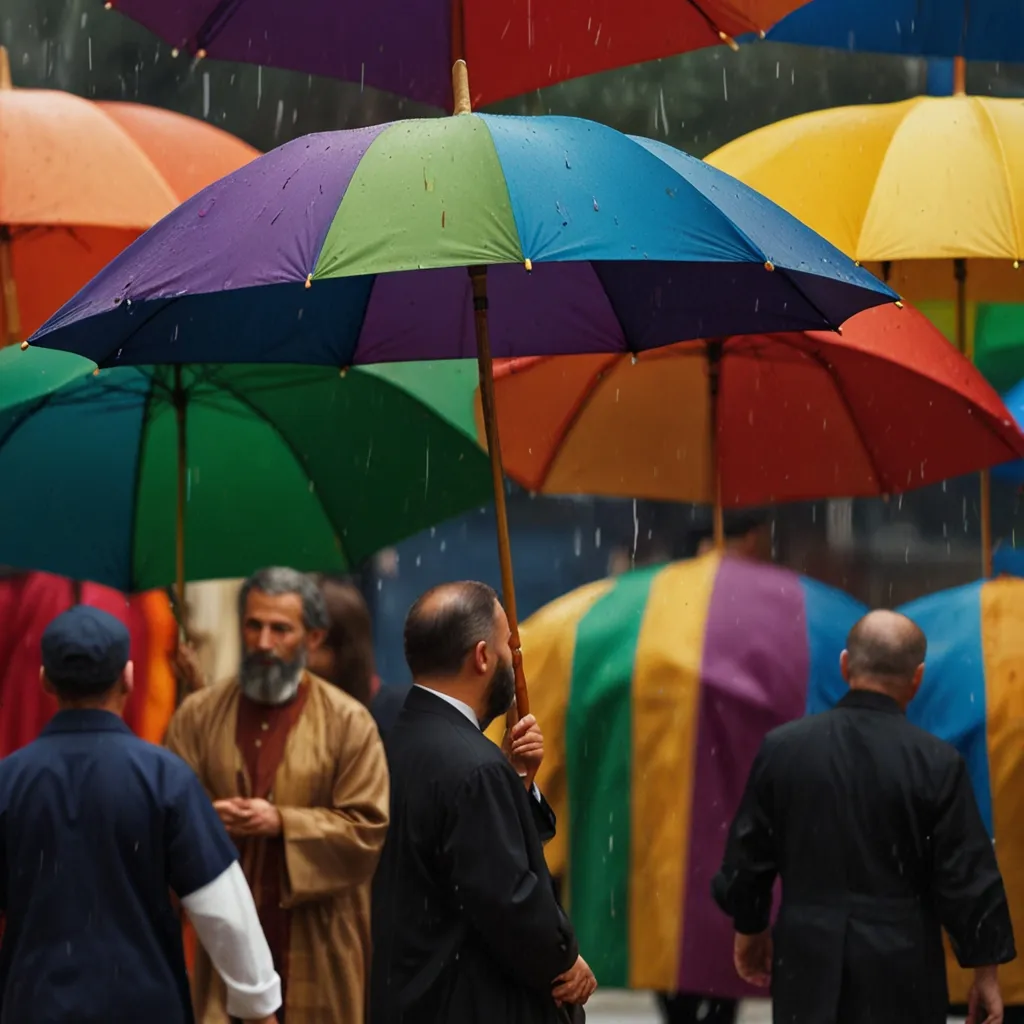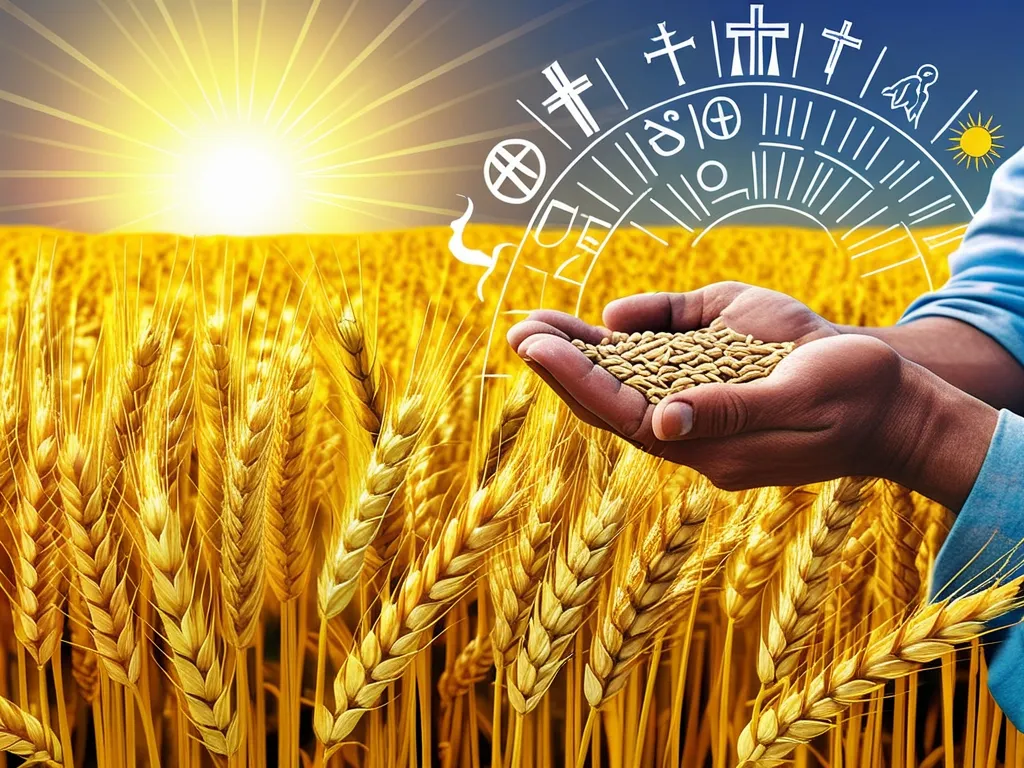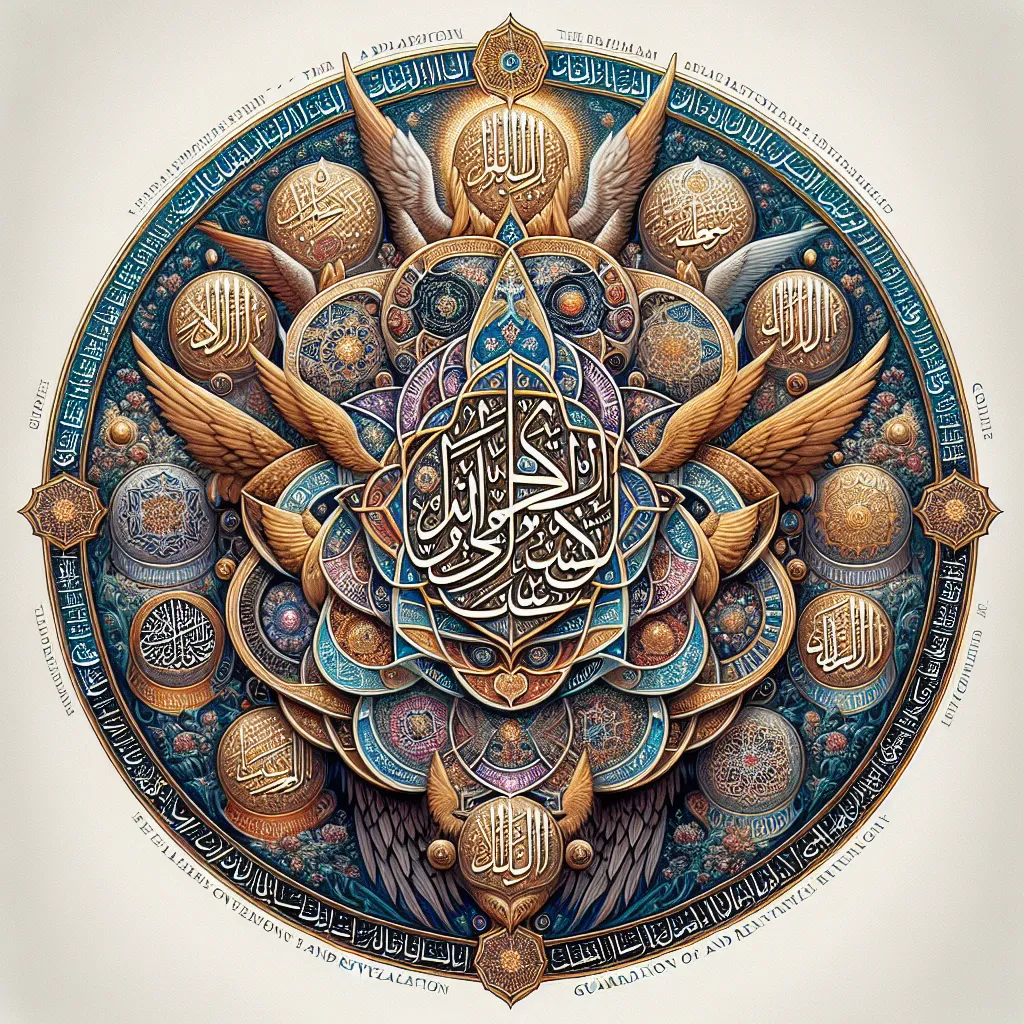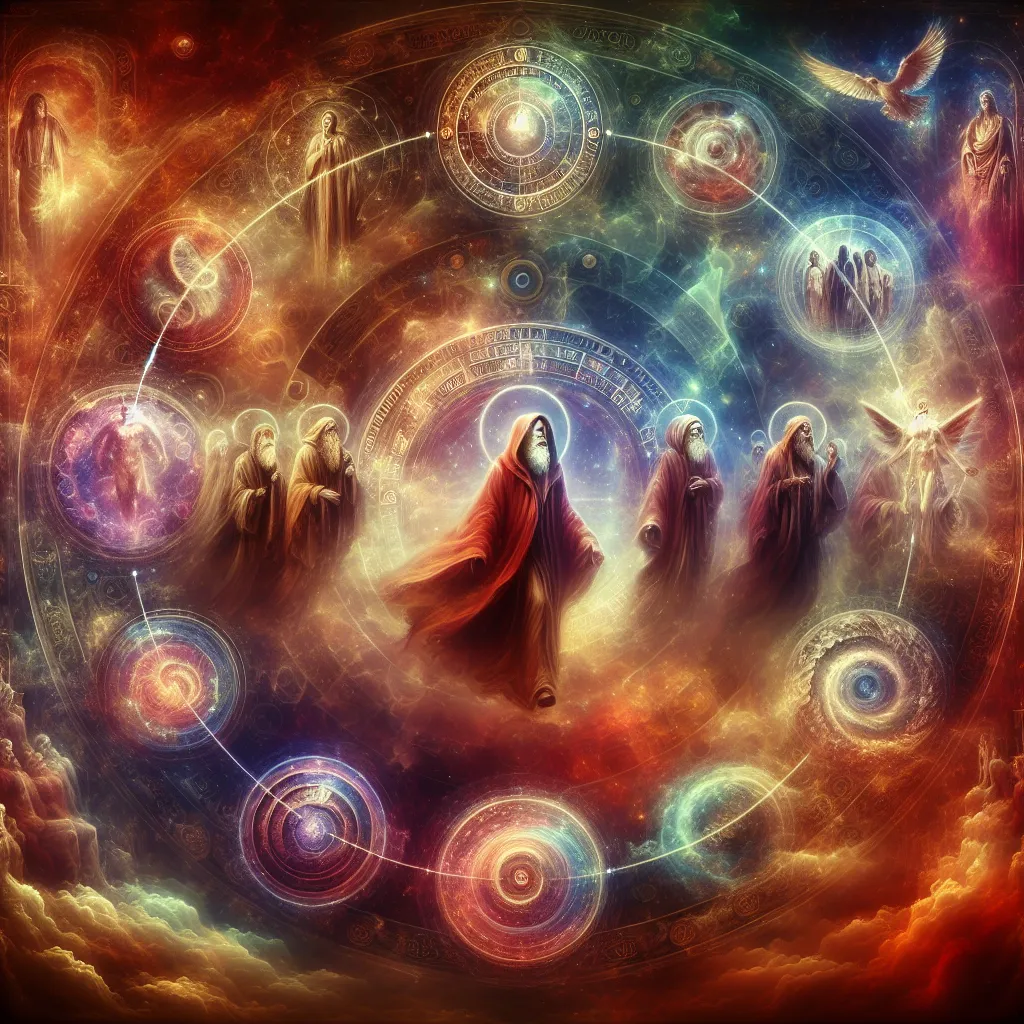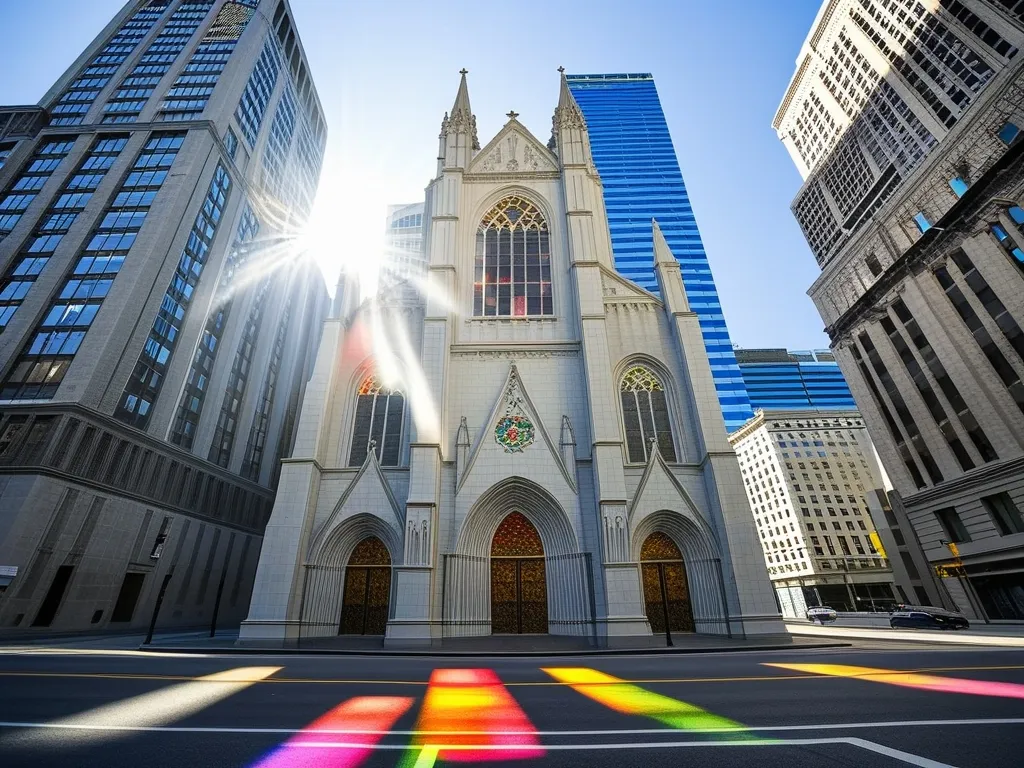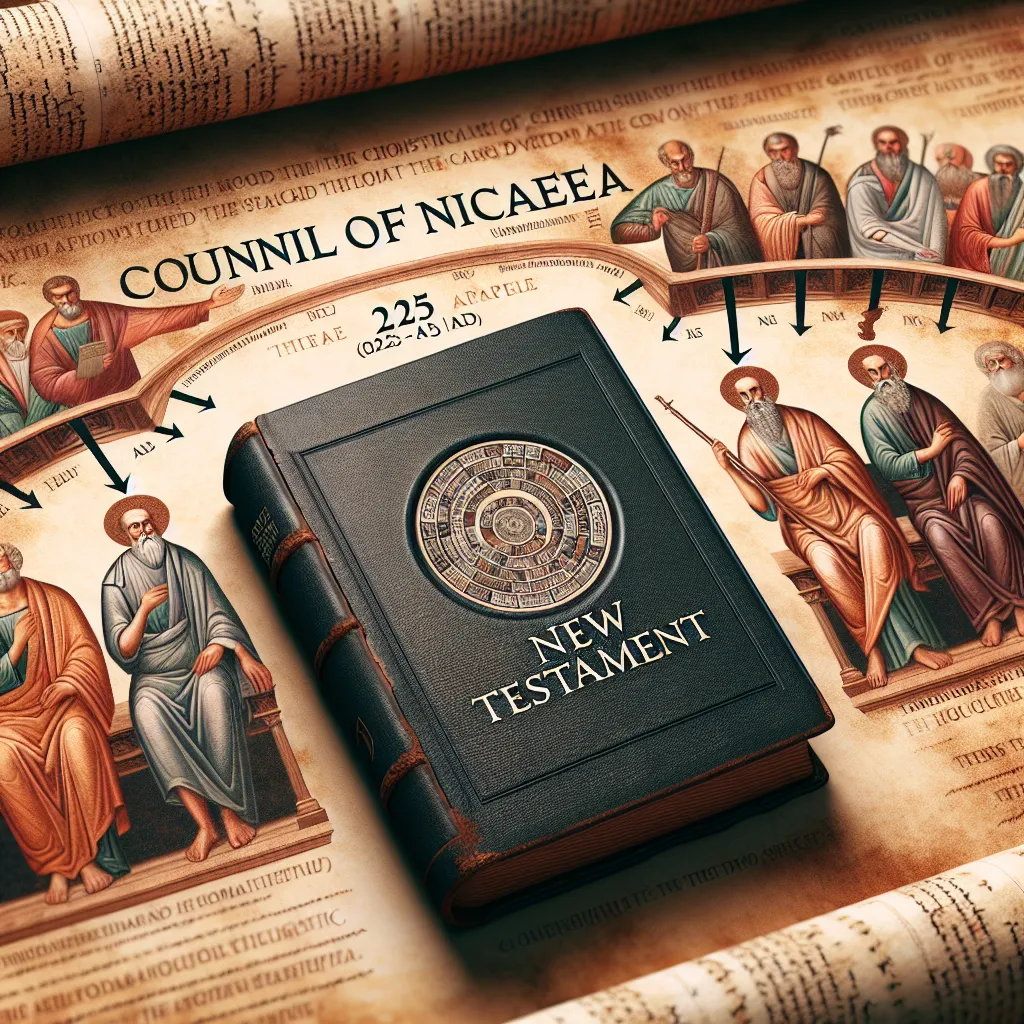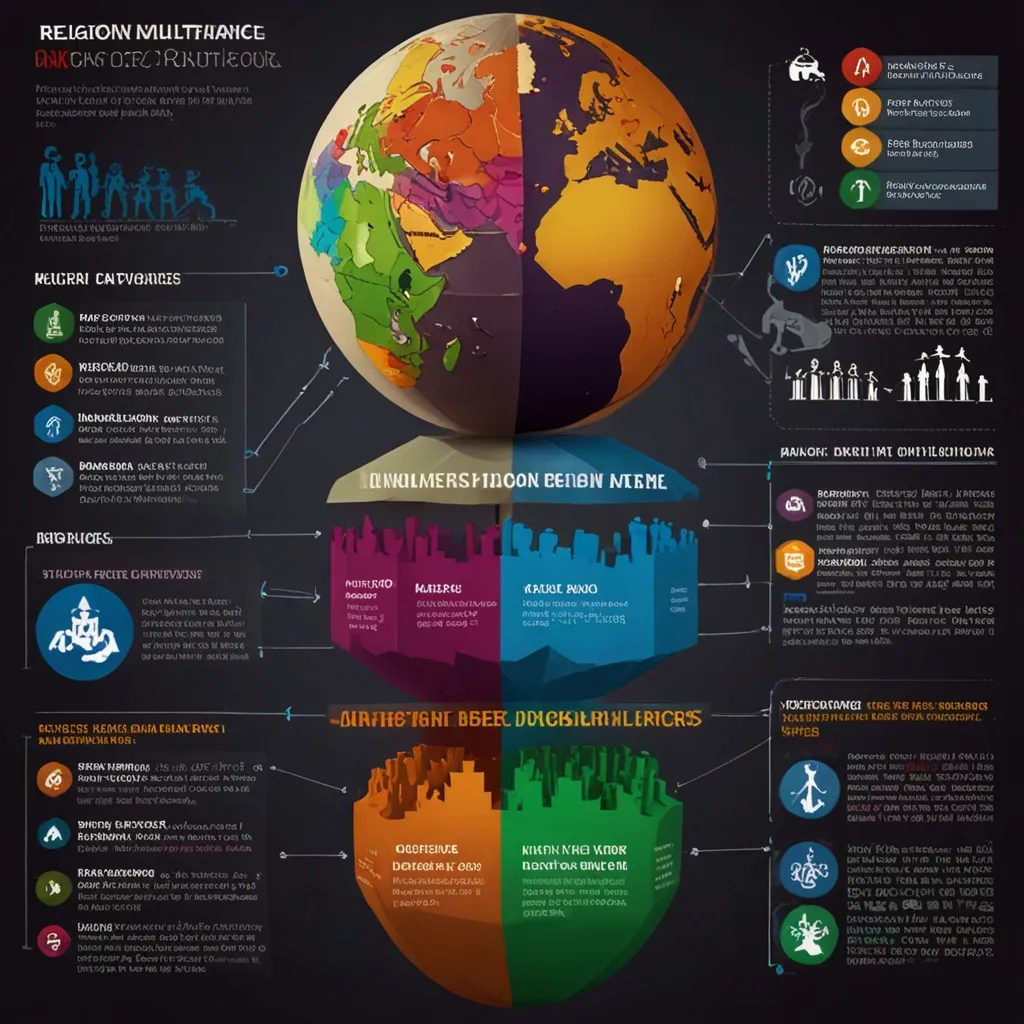Christianity, one of the most massive and varied religions globally, is like a colossal umbrella sheltering an array of denominations. Each has its own beliefs, customs, and structures but all meet at the crossroads of believing in Jesus Christ as the Savior and sticking to cornerstone Christian doctrines like the Holy Trinity and the authority of the Bible.
The Big Three: Roman Catholic, Eastern Orthodox, and Protestant
The core of Christianity rests on three major branches: Roman Catholicism, Eastern Orthodoxy, and Protestantism. These big players have been around for centuries, evolving through theological debates, historical milestones, and cultural shifts.
Roman Catholicism stands as one of the oldest and biggest Christian denominations, boasting over 1.3 billion followers worldwide. Catholics hold church tradition in the same high regard as the Bible, with the Pope as the ultimate earthly authority. The sacraments, like the Eucharist, baptism, and confirmation, are essential channels for receiving God’s grace. Venerating Mary, the mother of Jesus, and other saints is also a big deal in Catholicism.
Eastern Orthodoxy, which branched off from Roman Catholicism back in the Middle Ages, puts a strong emphasis on mysticism and the idea of theosis, meaning a closer union with God. Like Catholics, Orthodox Christians hold church tradition as equal to Scripture and practice the veneration of icons and saints. They, however, don’t acknowledge the Pope’s authority, instead, they rely on councils of bishops for church leadership.
Protestantism burst onto the scene during the Protestant Reformation, a time when the Bible became the ultimate authority for Christian belief and practice, chucking out many practices of the old Roman Church. Today, Protestantism spans a wide spectrum of denominations, including Lutheranism, Anglicanism, Methodism, among others. They believe in salvation by God’s grace through faith rather than through deeds or rituals.
Major Protestant Denominations
Within the Protestant umbrella, several denominations stand out with their own unique vibes.
Lutheranism, the brainchild of Martin Luther, champions the authority of Scripture and the doctrine of justification by faith alone. Lutherans hold that Christ is truly present in the Eucharist, a belief they share with Catholics and Orthodox Christians, but not all Protestants.
Anglicanism, which includes the Episcopal Church in the U.S., is a mix of Lutheran and Reformed traditions. Anglicans maintain a liturgy similar to Catholicism but wave off the Pope’s authority. They prioritize Scripture and believe bishops are essential for church governance.
Methodism, kickstarted by John Wesley, is known for its focus on personal holiness and social justice. Methodists lean towards an Arminian take on salvation, highlighting free will and personal effort, which is a step away from the Calvinist idea of predestination.
Baptists are unique for their practice of believer’s baptism, meaning they baptize only adults who consciously choose to follow Christ, differing from the infant baptism practiced in many other Christian groups.
Other Noteworthy Denominations
Presbyterianism, with roots in the Reformed tradition, features a unique system of governance where local churches are overseen by groups of elders called presbyteries. They also put great value on education and social justice.
Pentecostalism, a more recent surge, highlights the gifts of the Holy Spirit, like speaking in tongues and healing. Pentecostal services are often very charismatic and spontaneous.
Anabaptism includes groups like the Amish and Mennonites, and they go for community living, simplicity, and non-violence. Anabaptists practice believer’s baptism and generally steer clear of secular government involvement.
Denominational Differences
Christian denominations diverge in several ways: theology, practice, and governance.
Theology: Different denominations have their own takes on theological matters. For instance, the nature of Christ’s presence in the Eucharist sparks debates between Lutherans and some Reformed groups. Views on salvation vary too, from the Calvinist focus on predestination to the Arminian stress on free will.
Practice: Worship styles and rituals are a mixed bag. Roman Catholics and Eastern Orthodox Christians have rich, liturgical routines, while Pentecostal services are often lively and spontaneous. Evangelical groups like Baptists may go for simpler, more informal worship services.
Governance: Church governance styles differ too. Catholics and Orthodox Christians have hierarchical systems with significant authority vested in the Pope or synods of bishops. Many Protestant denominations, like Baptists and Congregationalists, favor more decentralized, congregational governance.
Ecumenism and Unity
Despite these differences, many Christian denominations are involved in ecumenical efforts to promote greater understanding and unity. The World Council of Churches is the largest ecumenical organization, bringing representatives from various denominations together to discuss common issues and work towards visible unity.
However, the road to unity isn’t straightforward. Different denominations have their own definitions of visible unity, and some believe they are the one true church. Nonetheless, ecumenical dialogue moves forward, driven by a shared commitment to core Christian beliefs.
Nondenominational Churches
In addition to the big denominations, there are many nondenominational churches that function independently. These churches typically shun traditional denomination labels and structures, focusing instead on a more personal and direct relationship with God and Scripture.
Wrapping It Up
The diversity within Christianity is both a testament to its richness and a reflection of its complexity. While denominations differ significantly, they all stand on the common ground of Jesus Christ’s teachings and the authority of the Bible. Learning about these differences can foster greater respect and cooperation among Christians, even as they hold on to their unique identities and practices.
In the grand scheme of things, having multiple Christian denominations creates a vibrant tapestry of faith expressions. Each contributes to the broader religious community in its own unique way. This diversity doesn’t just allow for various ways of worship and belief but also deepens the overall Christian experience.
